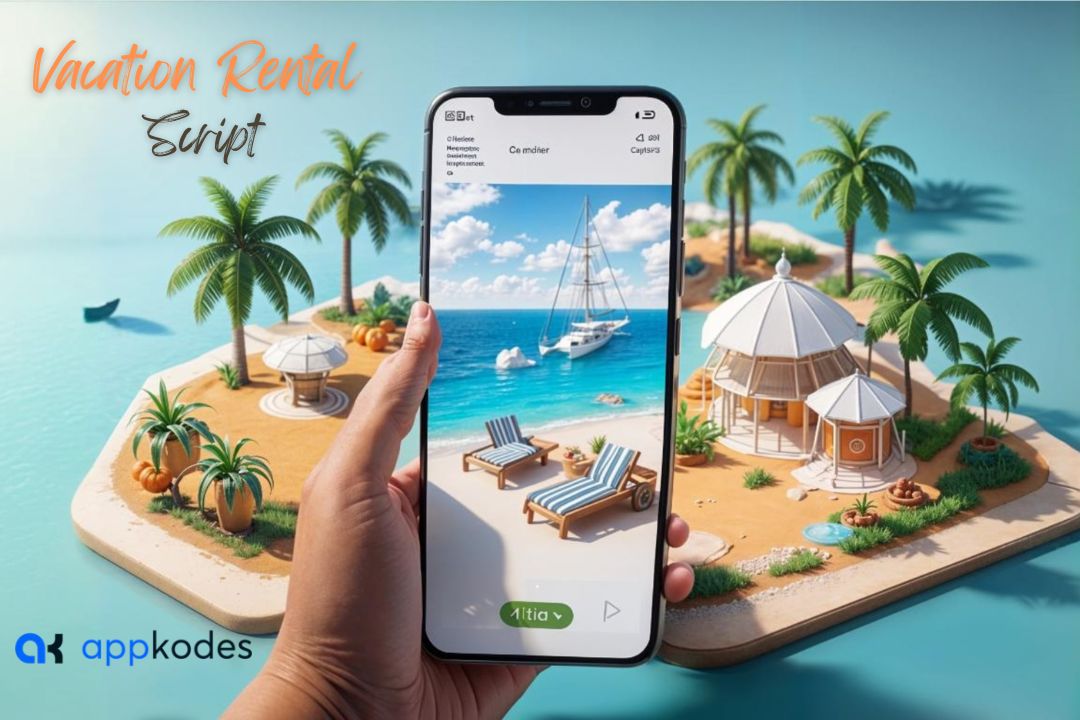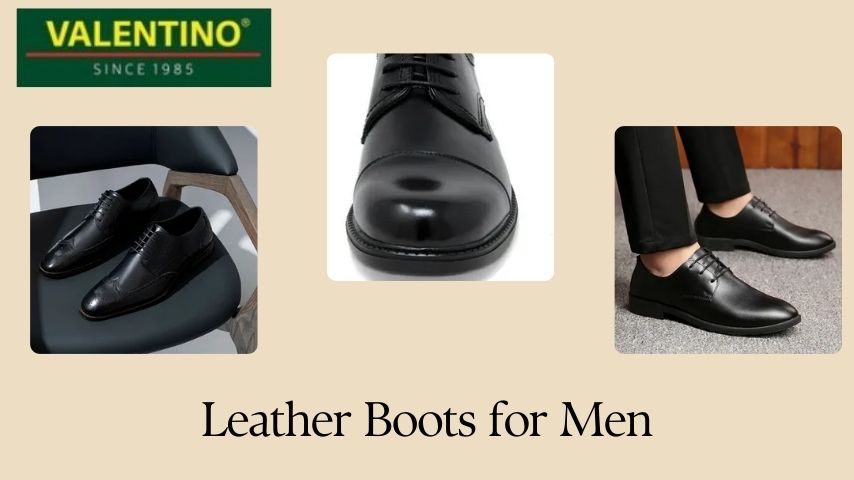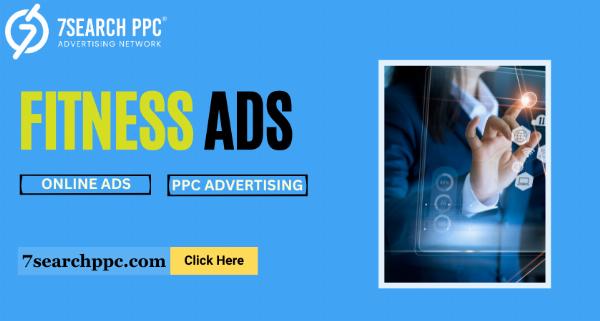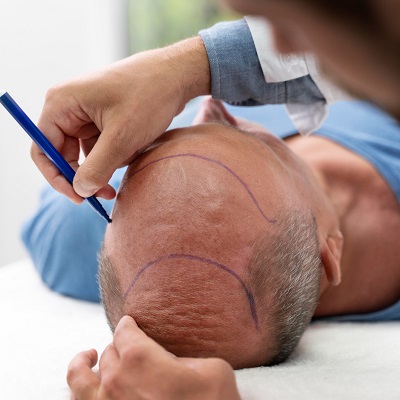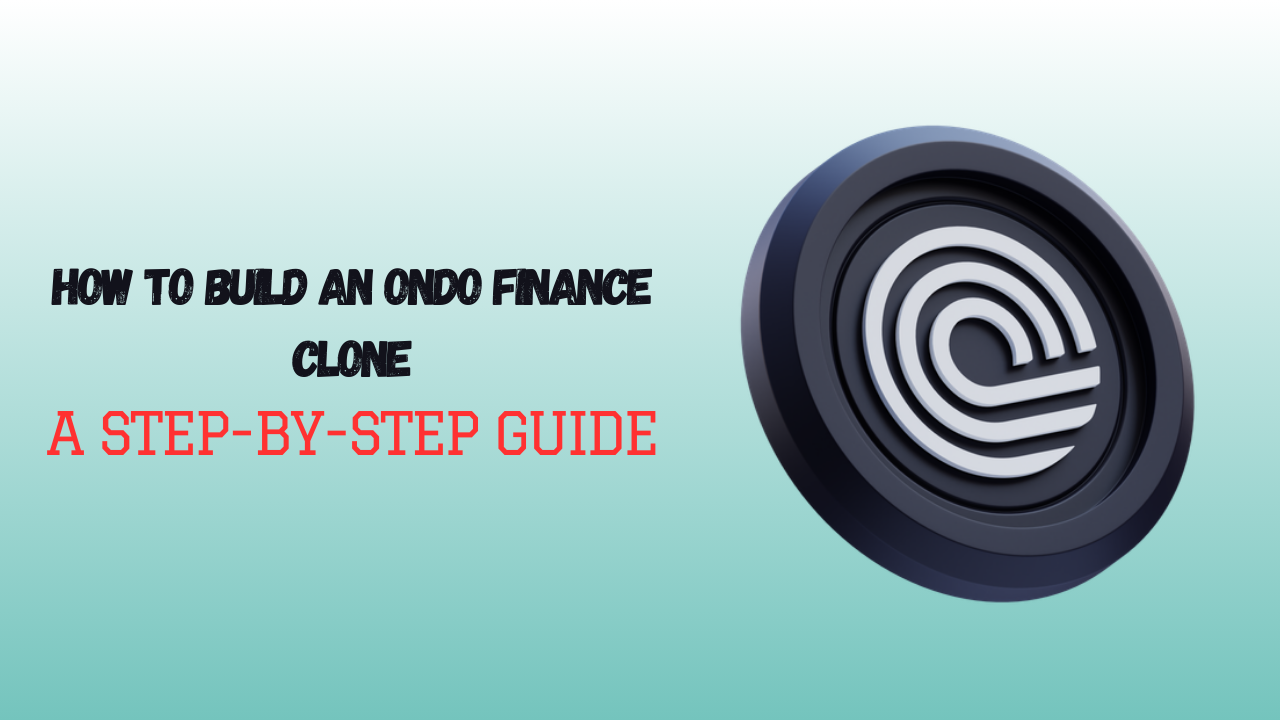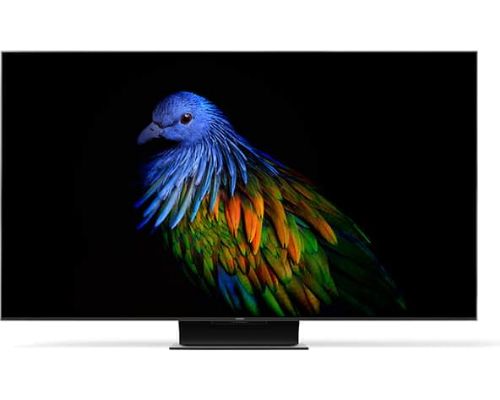I didn't want my millions of followers to see me as 'the deaf girl.' Finally getting a hearing aid has changed all that.

Violet Benson always struggled to hear in her left ear, but it took her years to realizehow big the problem was — and even longer to do something about it. The Daddy Issues meme account creator, podcaster and author — her book comes out next year — kept her hearing loss secret from most people until her 30s. It was only this summer that Benson revealed to her millions of Instagram followers that she’d recently been fitted with a hearing aid.
Getting the device, and opening up to her audience, gave Benson back much more than her hearing. In this interview with Yahoo’s Natalie Rahhal, she opens up about experiencing new sounds — and Celine Dion — and accepting her full self.
Growing up, everything on my left side was always off. As a child, I just assumed everything was better on the right side because I was right-handed.
AdvertisementAdvertisement#«R24e4kr8lb2m7nfddbH1» iframe AdvertisementAdvertisement#«R44e4kr8lb2m7nfddbH1» iframeI was born this way: Legally deaf in my left ear, with an enamel deficiency that made my bones weak, including my left leg, which was crooked from birth. I have to assume that it was all because I was born with vitamin D deficiency. I was born in Russia, where, if you’re born in the winter, there’s no sun. Plus, I was born under communism, when many babies were born malnourished.
Once we left Russia, my mother took me to a doctor for a consultation about having surgery to fix my leg. The doctor said to just put me in the sun for vitamin D therapy. And the sun worked! I now have two very straight, very normal, same-size legs, without any surgeries! I was even able to do gymnastics, jazz and ballet until I was 17. But my other health issues persisted.
My hearing loss was invisible — so I could hide it
As a child, I didn’t give much thought to my hearing because my biggest struggle was with my teeth, which were bad due to an enamel deficiency. People made fun of me, and I was at the doctor or dentist every week; I’ve had more than 15 root canals. So, my hearing was just not at the top of my priorities list.
I first really became aware of my hearing loss after we won the green card lottery and moved to the U.S. when I was 14. I saw my sister talking on the phone. First, she held it on the right side of her head, then she switched the phone to her left side. I was shocked. I asked her how she could hear on her left side. She told me I sounded stupid and that she switched ears whenever she felt like it. That’s when I realized: I can’t do that.
AdvertisementAdvertisement#«R2ce4kr8lb2m7nfddbH1» iframe AdvertisementAdvertisement#«R4ce4kr8lb2m7nfddbH1» iframeStill, I tuned it out. I told myself, It’s not that deep, I’ll just deal with it. I think that’s a very “immigrant” mentality. My whole family was living crammed in an apartment, so my hearing didn’t feel important compared to the other things we were dealing with. Plus, I’m Eastern European, so I was kind of taught that you hold the pain inside.
Instead, I just adapted. I learned to read lips without realizing it. Your brain is such a marvelous organ; mine just learned to adjust to hearing on one side. I would always tilt my head to the right side when people spoke to me. Sometimes people thought I was rude because I would stare at the ground, trying to concentrate on hearing them on my right side.
As an adult, I finally told many of my friends that I was deaf in my left ear, so they would just speak to me in my right. But otherwise, I continued to ignore my hearing loss and focus on building the identity that I wanted to have. In my 20s, I got “celebrity”-style porcelain veneers (the only type that will work on my teeth because you could see the yellow through others) and, for the first time, I felt beautiful. I started my “Daddy Issues” Instagram account. I had worked so hard to build my confidence and this perfect exterior because I’d rather mask my flaws and make sure no one else could see them.
COVID-era masks forced me to confront my deafness
The pandemic was the first time my hearing loss really became an issue. With people wearing masks or standing far away, I couldn’t read their lips. I started to feel really embarrassed and uncomfortable, especially if someone was speaking to me with an accent. I wouldn’t be able to make out what they were saying because I’m deaf and I couldn’t read their lips. But I felt so guilty because I know what it’s like to be foreign and have people struggle to understand you. It was exhausting, and I felt so much shame that I genuinely stopped leaving my house for a long time.
AdvertisementAdvertisement#«R2ie4kr8lb2m7nfddbH1» iframe AdvertisementAdvertisement#«R4ie4kr8lb2m7nfddbH1» iframeWith the pandemic over and masks off, it got easier. But after a year or two — maybe because I’m aging — I started to struggle again, especially trying to hear people at events or on nights out. Trying to talk to people when there’s any background noise becomes really exhausting, and I would get tired and irritable. People thought I just didn’t care because I didn’t want to have a heart-to-heart in the club. This year, I started to feel like I could hear less and less. I didn’t understand why I was getting tired faster than usual when having conversations.
My choice: Wear an assistive device or lose more hearing
After struggling more and more, I finally decided to take a hearing test a few months ago. On my left side, I could only hear very high pitches, and it sounded like I was standing far away from an intercom and someone was trying to speak to me through it. I felt tears fill my eyes, and I started to get overwhelmed. The audiologist told me that my brain was experiencing so much shock. I had no idea how bad my hearing was on my left ear.
After the test, the audiologist told me that I have 90% of my hearing in my right ear and 30% in my left. That means I have severe hearing loss. She said that I would slowly lose more and more hearing, including on my right side, because your ears are like a muscle: If you don’t use your hearing, it kind of dies off. She said that my migraines, fatigue and irritability were likely due to my right ear working overtime, trying to tune out background noise so I could listen.
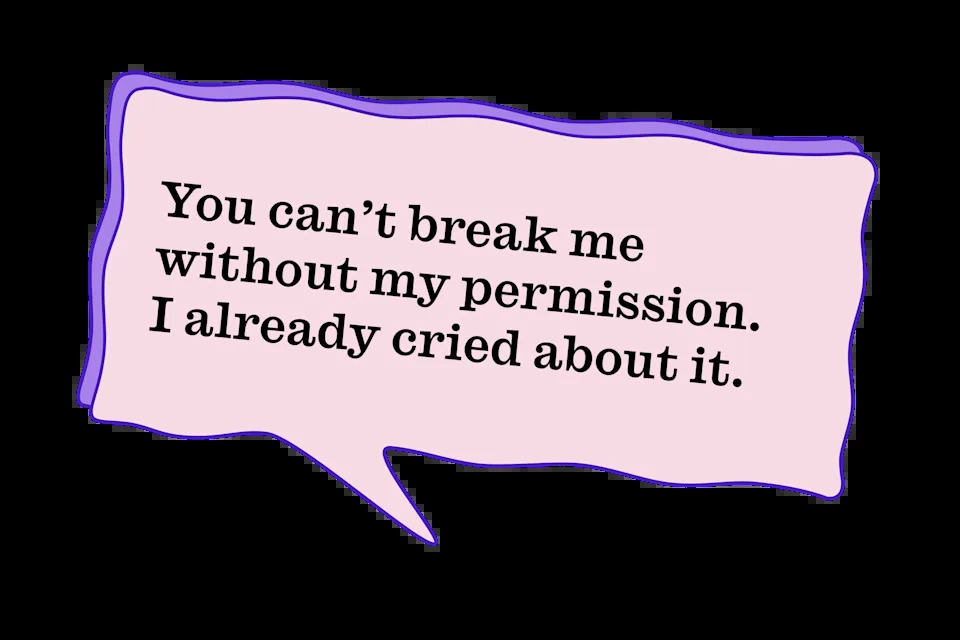
The audiologist told me that if I don’t start wearing a hearing aid, not only will I struggle to understand when other people speak, I’ll start losing my ability to pronounce words. People who are deaf on both sides speak differently because they can’t hear themselves. That was a big fear for me, because I speak for a living. The audiologist warned me that I needed to take my health more seriously.
AdvertisementAdvertisement#«R2pe4kr8lb2m7nfddbH1» iframe AdvertisementAdvertisement#«R4pe4kr8lb2m7nfddbH1» iframeThere were two weeks between the exam and the day that I accepted the hearing aid. I cried about it every day and didn’t tell anyone. As humans, we have so many annoying emotions. Part of me felt like I would lose my identity if I had to wear a hearing aid, and people could see it. I worried they would think of me as the deaf girl, instead of the person I’ve built my identity around: this confident person, the creator of Daddy Issues who gives advice. I felt like the hearing aid was going to take my identity without my permission. And I even felt shame around the fact that I was embarrassed about it. I’m supposed to be this person who tells others to be confident and love who they are. I’d rather be the villain in the story than someone that you pity, and there I was feeling shame about my self-pity. I’m even writing a book that’s part memoir, part self-help about how not to be a victim!
Then one day, I woke up and was like, Hello, listen to the advice in your own book! I can’t control what someone else thinks about me, and while I’m thinking they’re looking at my hearing aid, in reality, maybe they think I’m ugly or my personality is annoying. We can make up as many stories as we want about what other people are thinking, but I can only control what I’m thinking. And no one can make me a victim unless I make myself the victim. It took me 20 years to accept my insecurity about my teeth, and I’m not doing that again.
So, yes, I’m deaf in my left ear. Now what?
Hearing sound for the first time on my left was overwhelming — like a superpower
I got the hearing aid and put it on. Imagine: For the first time in 36 years, there’s suddenly sound on your left side. It was overwhelming, but I also felt like Superman. I walked out of the audiologist's and I could hear everything. I could hear the cars behind me on the street. I went into UPS, and a lady put tape on a box, and it felt like nails on a chalkboard. I was like, How is this not a superpower?
AdvertisementAdvertisement#«R30e4kr8lb2m7nfddbH1» iframe AdvertisementAdvertisement#«R50e4kr8lb2m7nfddbH1» iframeBut then I got in my car and turned on music with the volume just halfway up. I’ve always loved concerts because it’s the only time I can hear music the way everyone else hears it. The first thing I listened to was a Celine Dion song that she sings in French. It was so beautiful to be able to decipher the differences between her voice, the background sounds and the piano. I had tears in my eyes.
If I hid my hearing aid, it would be this shameful thing. Instead, I shared.
When I found out I had to wear a hearing aid or lose my hearing, I had thoughts like, What if I’m less lovable? There’s this constant fear of being judged — or judging yourself because there are bigger problems in the world, so how dare I feel these emotions? But it’s all in our heads. In reality, as an adult, I gave myself something I wasn’t able to as a child: I told myself my feelings were important. You have to have those conversations and allow yourself to cry. It goes way beyond hearing loss: You have to be able to accept yourself.
I realized that if I kept my hearing aid to myself, it would be a shameful thing. But if I put a video out into the world, it would force me to just be OK with it. I was surprised to get teary while making the video, but once I posted it, it was just this sense of acceptance. We often think we’re the only person who experiences those emotions and that shame, whether it’s about hearing loss, or your appearance, or ADHD or depression. Your pain can become your identity when you don’t know how to deal with it and think that it’s the only thing that represents you. But it’s not. Once I said it out loud — that I am deaf and need a hearing aid — I didn’t feel like a prisoner to my own pain. It's out there, and now I’m free from it. If I hadn’t accepted myself, then the first person I came across who didn’t was going to break me. But now, you can’t break me without my permission. I already cried about it!
When I walked outside with my hearing aid for the first time, no one even noticed! They didn’t have pity in their eyes. It felt like such a big deal, but that’s because I made it such a big deal.
This conversation has been edited for length and clarity.

